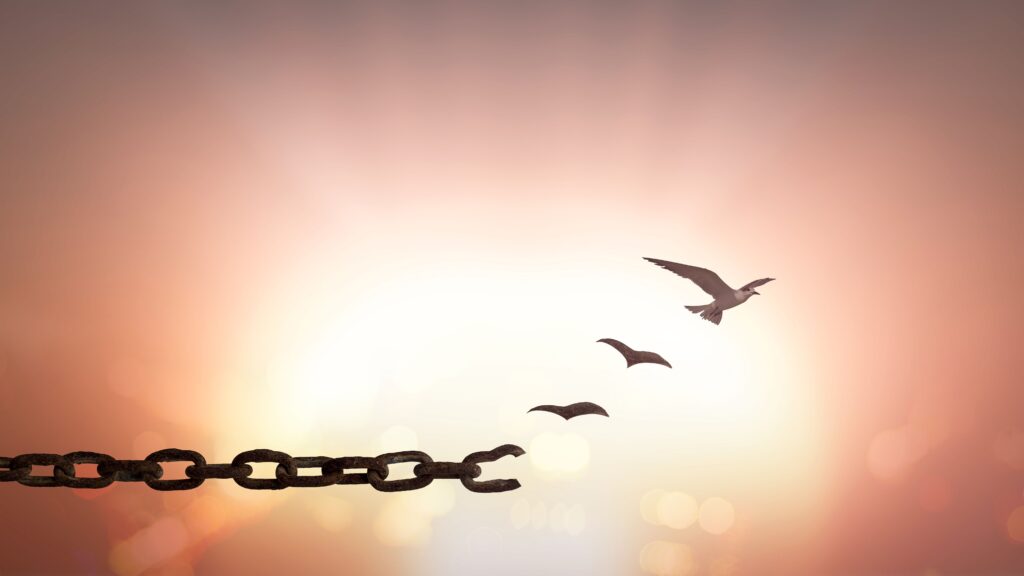Each person’s life journey includes intense wrestles with the matter of “authority.” When we are young, we are in a position in which we must defer to another’s authority in order to survive. As we grow, we soon become self-conscious, taking into account how we are viewed by others. And in order to fit in, we will often defer our own authority to that of the group. At first it will be to our immediate friends and acquaintances. Heidegger noticed that we give away our authority to larger, more diffuse cultures and societies, referring to it as “the tyranny of the they.”
In our maturation processes, we hopefully will come to understand these pressures on us and begin to form a firm sense of our own self and can more easily walk our particular path without relying on others for the final word about what we should do and think.
Our religious lives bring extra complications with regard to authority. When we view certain texts or particular leaders as spiritually and ethically authoritative, it becomes even harder to stand our ground because we worry that we might be upsetting God should we stray from its or their directives.
This podcast discusses our views of God and how these are typically quite influential when it comes to whether we yield our authority to these texts and people. Do we view God as completely “other,” external to us, and distant, or can we allow ourselves to believe that God is a part of us, intimately caring, compassionate, and ever encouraging us Godward? If the former, we are more likely to allow authority figures more sway, perhaps complete sway, over our thoughts and actions. If the latter, we can typically differentiate from these others and begin to trust our own experiences over their interpretations and directives. Certainly, these will align with each other at times, but when they don’t, we will follow our own light.
LDF host Dan Wotherspoon is joined by board members Mark Crego and Terri Petersen in a lively exchange about these issues and more. They are vital ones.

